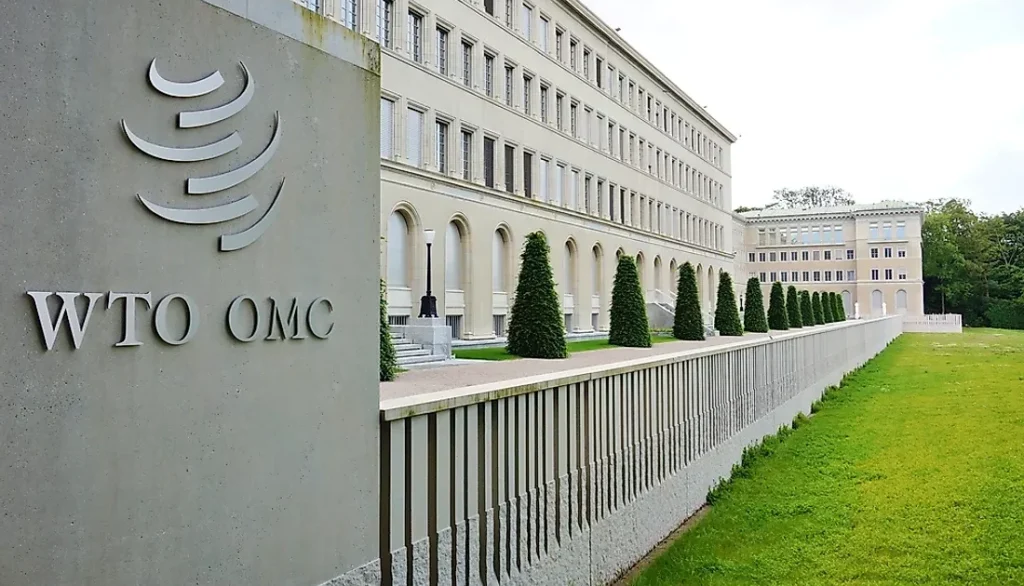The World Trade Organization (WTO) recently convened a meeting of its Committee on Trade and Development, marking significant progress in crucial discussions aimed at bolstering trade and development policies. The meeting served as a platform for member states to address several critical areas, including special and differential treatment for developing countries, the evolving landscape of e-commerce, the efficacy of WTO technical assistance and capacity-building initiatives, and the imperative of duty-free quota-free market access for least-developed countries (LDCs). The deliberations underscored the WTO’s commitment to fostering a more inclusive and equitable global trading system.
A key focus of the meeting was the examination of special and differential treatment provisions embedded within various WTO agreements. These provisions are designed to provide developing economies with greater flexibility in implementing trade commitments, recognizing their unique developmental challenges. Guided by an analysis presented by the WTO Secretariat, members engaged in constructive dialogue on these provisions, welcoming the insights provided and advocating for further evaluation to ensure their effectiveness in promoting a level playing field for developing nations. This emphasis on special and differential treatment reflects the WTO’s commitment to tailoring trade rules to accommodate the specific needs and circumstances of developing countries.
Another significant aspect of the meeting involved discussions on the Gulf Cooperation Council (GCC) Customs Union and its alignment with existing WTO rules. Members, aided by input from the WTO Secretariat, explored the implications of this regional trading arrangement and deliberated on potential pathways for its formal recognition within the WTO framework. This ongoing examination reflects the organization’s commitment to ensuring that regional trade agreements complement and strengthen the multilateral trading system. The discussions underscored the importance of harmonizing regional initiatives with global trade rules to prevent fragmentation and maintain a cohesive global trading environment.
The meeting also highlighted the critical role of technical assistance and capacity-building in empowering developing countries to participate effectively in international trade. The WTO’s Institute for Training and Technical Cooperation provided an update on the financial status of the Global Trust Fund, a vital mechanism for financing training programs for government officials from developing nations. Members acknowledged the need for innovative approaches to technical assistance delivery and committed to exploring additional financial support tailored to the specific requirements of beneficiary nations. This underscores the WTO’s recognition that capacity-building is essential for developing countries to leverage the benefits of international trade.
E-commerce emerged as a prominent theme during the meeting, particularly in the context of small economies. A dedicated session addressed the challenges and opportunities presented by e-commerce for these nations. Members underscored the potential of digital trade to enhance the global market presence of small economies, enabling them to overcome geographical limitations and access wider markets. The discussions also recognized the need to address the digital divide and ensure that small economies have the necessary infrastructure and skills to participate effectively in the digital economy. This included addressing issues such as high internet costs, weak digital infrastructure, and gaps in digital literacy.
The WTO’s LDC Group provided updates on their ongoing efforts to resume preparations for the annual duty-free and quota-free market access report. This report serves as a crucial monitoring and review mechanism for assessing how WTO members are facilitating market access for LDCs. Delegations confirmed ongoing consultations to chart a mutually agreeable path forward, highlighting the WTO’s commitment to ensuring that LDCs benefit from preferential market access opportunities. This reflects the organization’s dedication to supporting the integration of LDCs into the global trading system.
Furthermore, India presented two proposals aimed at enhancing the functioning of the Committee on Trade and Development and the Work Programme on Electronic Commerce. Informal consultations on these proposals will continue among members, demonstrating the WTO’s commitment to continuous improvement and responsiveness to evolving trade dynamics. The election of new leadership for the committee, with Ambassador Mzukisi Qobo of South Africa taking the helm and Ambassador Ib Petersen of Denmark re-elected as chair of the Sub-Committee on Least-Developed Countries, signals a renewed focus on these critical development issues. The meeting underscored the importance of collaborative efforts to address the challenges faced by developing countries and LDCs in the evolving global trade landscape, furthering the WTO’s pursuit of a more inclusive and equitable trading system.


